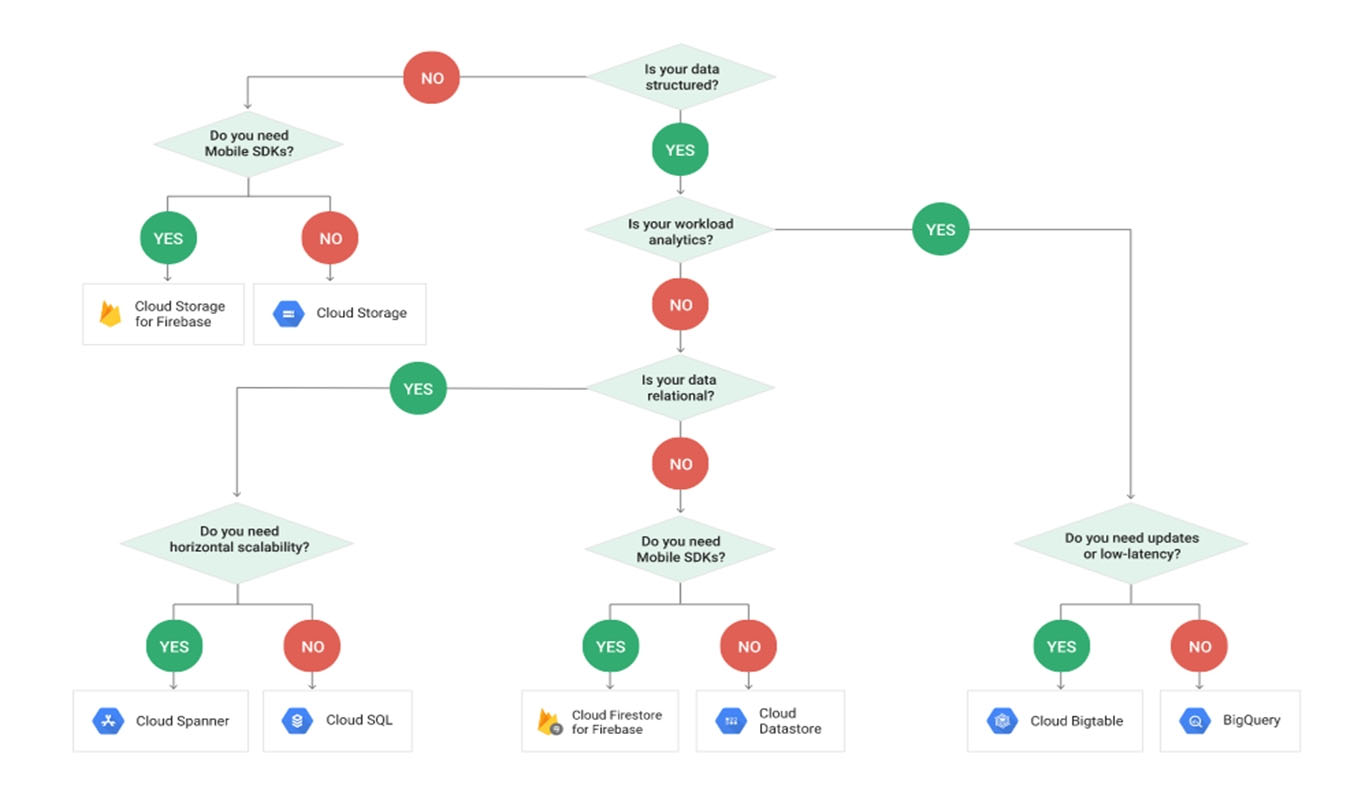Your marketing department wants to send out a promotional email campaign. The development team wants to minimize direct operation management. They project a wide range of possible customer responses, from 100 to 500,000 click-through per day. The link leads to a simple website that explains the promotion and collects user information and preferences.
Which infrastructure should you recommend? (Choose two.)
